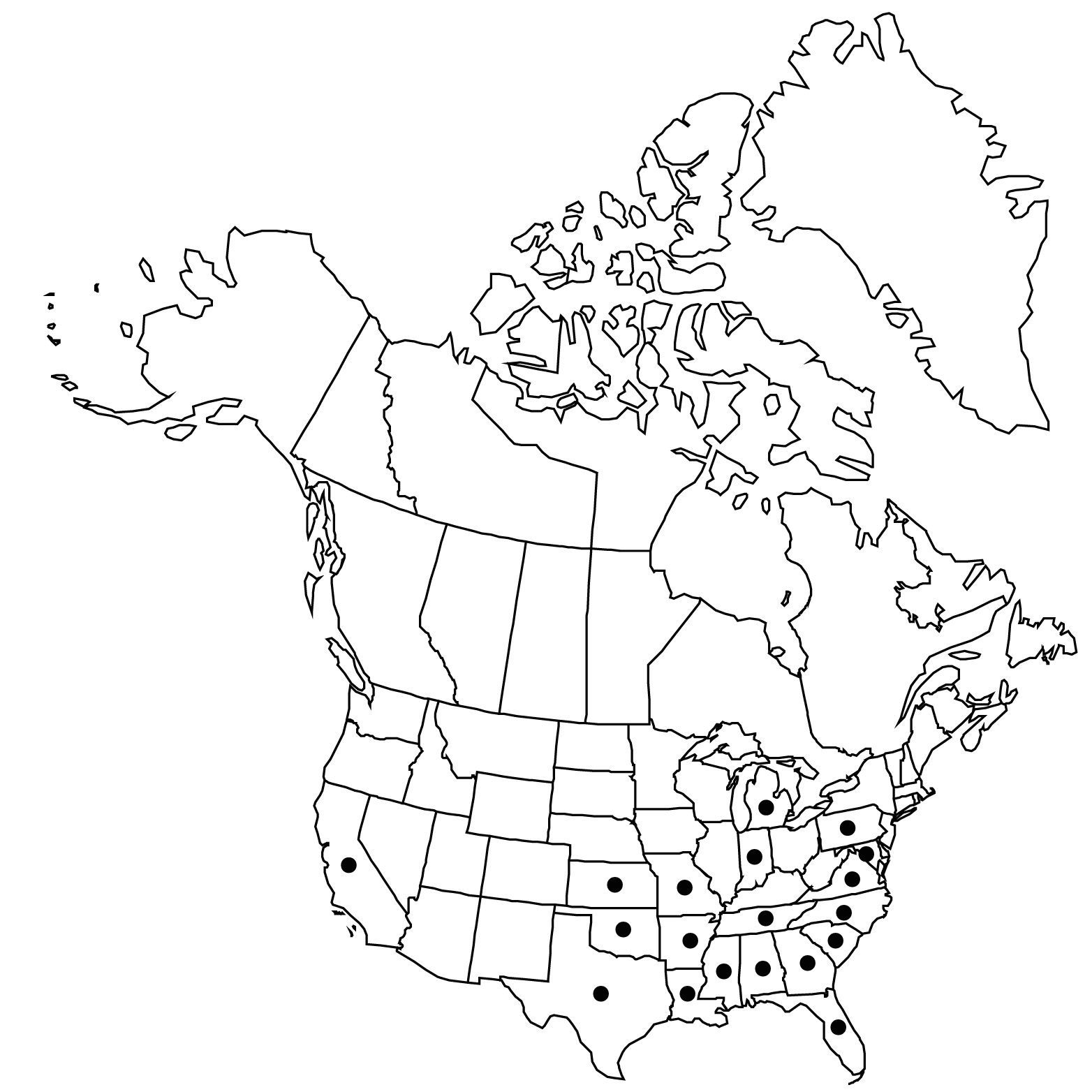Difference between revisions of "Helenium amarum var. amarum"
Treatment appears in FNA Volume 21. Treatment on page 428.
imported>Volume Importer |
imported>Volume Importer |
||
| Line 42: | Line 42: | ||
|publication year= | |publication year= | ||
|special status= | |special status= | ||
| − | |source xml=https:// | + | |source xml=https://bitbucket.org/aafc-mbb/fna-data-curation/src/2e0870ddd59836b60bcf96646a41e87ea5a5943a/coarse_grained_fna_xml/V19-20-21/V21_1068.xml |
|tribe=Asteraceae tribe Heliantheae | |tribe=Asteraceae tribe Heliantheae | ||
|subtribe=Asteraceae (tribe Heliantheae) subtribe Gaillardiinae | |subtribe=Asteraceae (tribe Heliantheae) subtribe Gaillardiinae | ||
Latest revision as of 20:07, 5 November 2020
Plants (10–)20–60(–100) cm. Leaves: basal and proximal cauline usually withered by flowering; basal blades linear to ovate, usually entire or pinnately toothed sometimes pinnatifid; proximal blades usually linear, usually entire, sometimes pinnately toothed. Ray corollas 6.5–14 × 4–10 mm. Disc florets 75–150+; corollas yellow to yellow-brown distally, 2–2.7 mm. Cypselae 0.9–1.3 mm; pappi of 6–8 scales 1.2–1.8 mm. 2n = 30.
Phenology: Flowering (Feb–)Jul–Oct(–Dec)
Habitat: Roadsides and fields
Elevation: 20–400 m
Distribution

Ala., Ark., Calif., D.C., Fla., Ga., Ind., Kans., La., Mich., Miss., Mo., N.C., Okla., Pa., S.C., Tenn., Tex., Va.
Discussion
Variety amarum is introduced in California.
Selected References
None.
Lower Taxa
None.